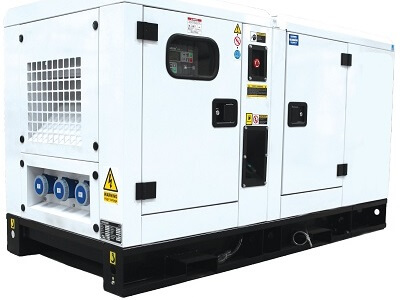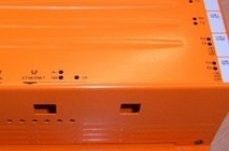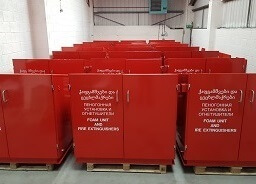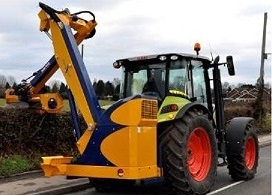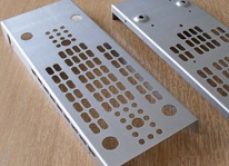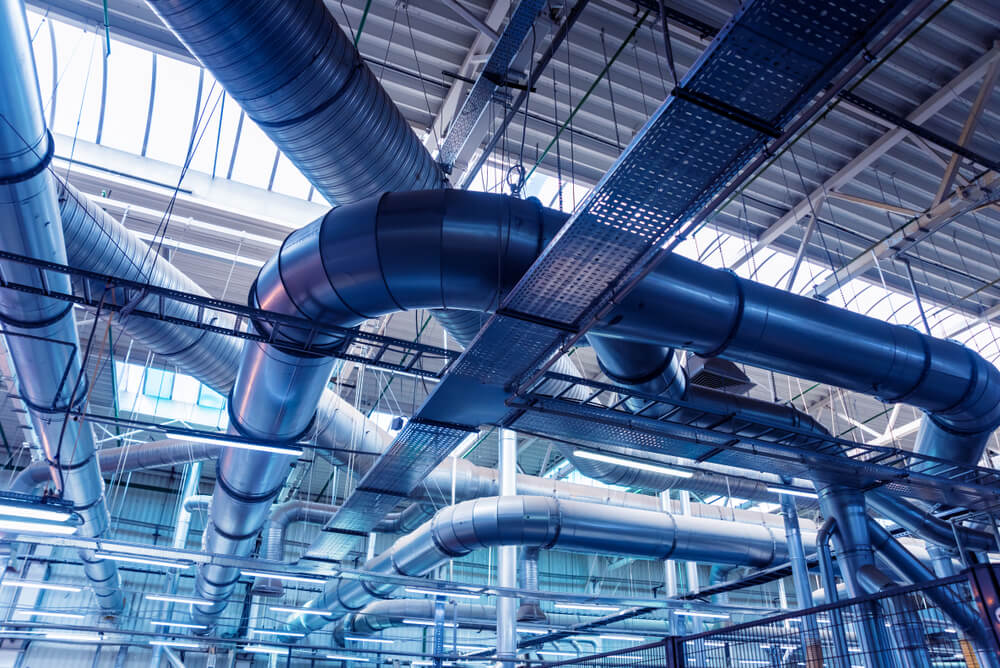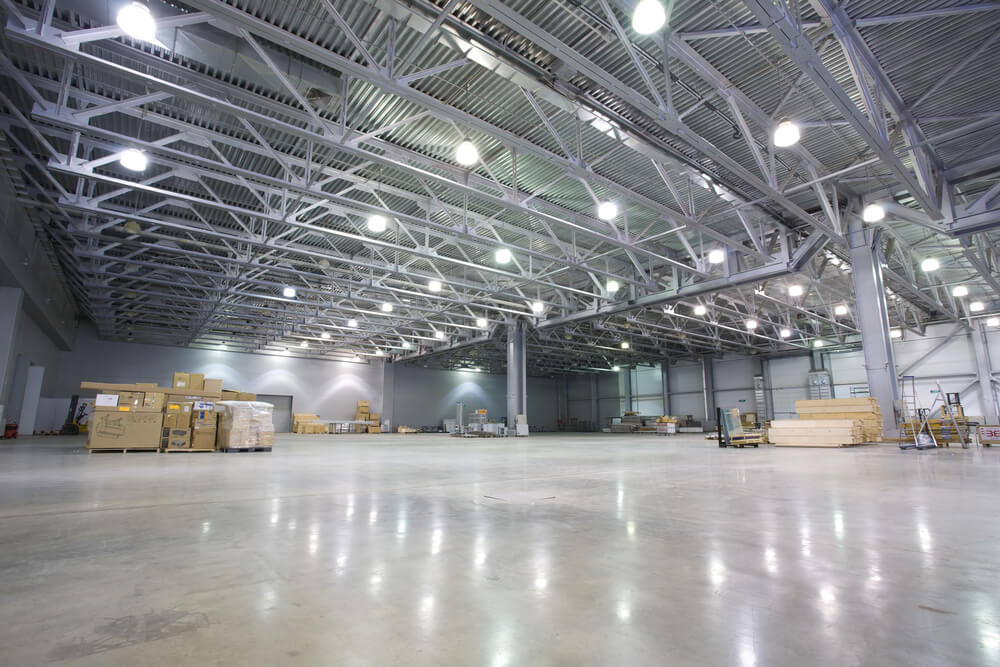
Sheet Metal Rolling
First-class sheet metal rolling services for commercial projects.
We offer an unparalleled sheet metal rolling service — our experts routinely roll a huge range of sheet metal parts. We can craft rolled sheets ranging from just a few millimetres, to up to 1700mm wide. We are based in Derbyshire but our services are available nationwide.
Our sheet metal rolling service offers first class roll-bending and curving, and is ideal for any company requiring smooth radius shapes or sheet metal rolled into cylindrical shapes. We are regularly rolling sheet metal, starting from just a few millimetres wide. And with our range of equipment we are able to serve even the largest multi-national industrial businesses.
Thanks to investments into the latest rolling sheet metal machines, coupled with our dedicated and skilful workforce, we are now able to take on even the most demanding and complicated of metal rolling tasks. Including the application of rolled metal skins, complete cylindrical designs, the complex curves required for the lighting industry, and more.
By taking up our sheet metal rolling service, we can guarantee all of our customers a high degree of excellence and precision, and a truly bespoke, individualised metal rolling experience.
We would be more than happy to discuss your needs, contact Akramatic Engineering on 01773 833223
Technical information about our sheet metal rolling services
Our rolling equipment includes:
- (1x) 2500mm NC Controlled Powered Rollers.
- (2x) Hand Rollers.
We utilise both manual and powered sheet metal rollers to regularly produce rolled and curved metal parts. A combination of both allows us to roll a diverse amount of sheet metal. From thinner gauges of mild steel, aluminium and some light gauges, to thicker types along with very tight curves.
We also utilise CNC brake forming and CNC multi-bending to produce other types of sheet metal curves.
More about our sheet metal rolling services
Types of metal that we commonly roll with our metal rolling services include:
- Aluminium (incl. reflector aluminium materials)
- Mild steel
- Many light-gauge stainless steels
- Copper
- Hardened and tempered steels
- Carbon steels
- High chrome
Metal rolling is a service popular across many industries, including road and rail. Metal rolling is also used to make metal guards and circular designs for HVAC equipment, many general industries and more. Some of the most common metal and steel rolling jobs that we carry out include: the rolling of metal guards, sophisticated rolled metal skins, and the rolling of precise circular designs.
With our sheet metal rolling, we can roll and produce other, more sophisticated types of sheet metal ‘curves’. Including:
- Forming
- Multi-bending (a series of slight bends that emulate rolling)
Our Metal Engineering Capabilities:
- CAD/CAM and Inventor and AutoCAD design software.
- Laser profiling
- CNC punching
- NC folding
- Rolling and tube bending
- Machining
- Welding and assembly
- Powder coating
- TIG welding
- Drilling, insert pressing, fettling & polishing
FAQS — More information about sheet metal rolling
In metalworking, sheet metal rolling is the process of passing a type of metal through one or more pairs of mechanical rollers. The rollers typically rotate in opposite directions and the gap between the two is smaller than the metal being worked.
The aim of rolling metal is often to reduce the metal’s thickness, or to make it uniform in length. Or to adjust the metal quality in some other desirable way. Most often, the purpose behind rolling metal is to transform the metal into thin, flat pieces.
The main difference between the two is the temperature in which the metal rolling is done. ‘Hot’ rolling occurs at very high temperatures at 900°C or more. Steel tends to recrystallize around this temperature. Making it more malleable, and therefore easier to form and work with. ‘Cold’ rolling takes place at or near room temperature. In most cases, cold rolling steel has already ‘hot rolled’. Cold rolling is in fact a form of further processing.
Hot rolled steel tends to have a scaled surface, slightly rounded edges and corners and some slight distortions in the final form — all results of the extremely high temperatures. Steel rolling that is cold is often smoother to touch, with well defined edges and uniformity and with smoother surfaces. As a result of the further processing and refining methods.
In most cases, cold rolled steel is harder and stronger than steel that is only hot rolled. Steel and metals in general are cold rolled and shaped at room temperature. There they are ‘hardened’ to make them tension and deform-resistant.
Some grades of stainless steel — but not all — can rust. But some don’t. Steel is usually galvanised to protect it from rusting. Like some grades of steel, cold rolled metals can rust. In order to prevent this, a rust-preventative is usually added during the last processing step.
Get in Touch
AKRAMATIC ENG. CO. LTD.
Keys Road, Nix’s Hill Industrial Estate, Alfreton, Derbyshire DE55 7GN

